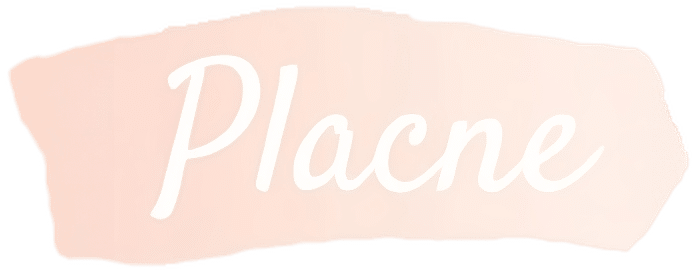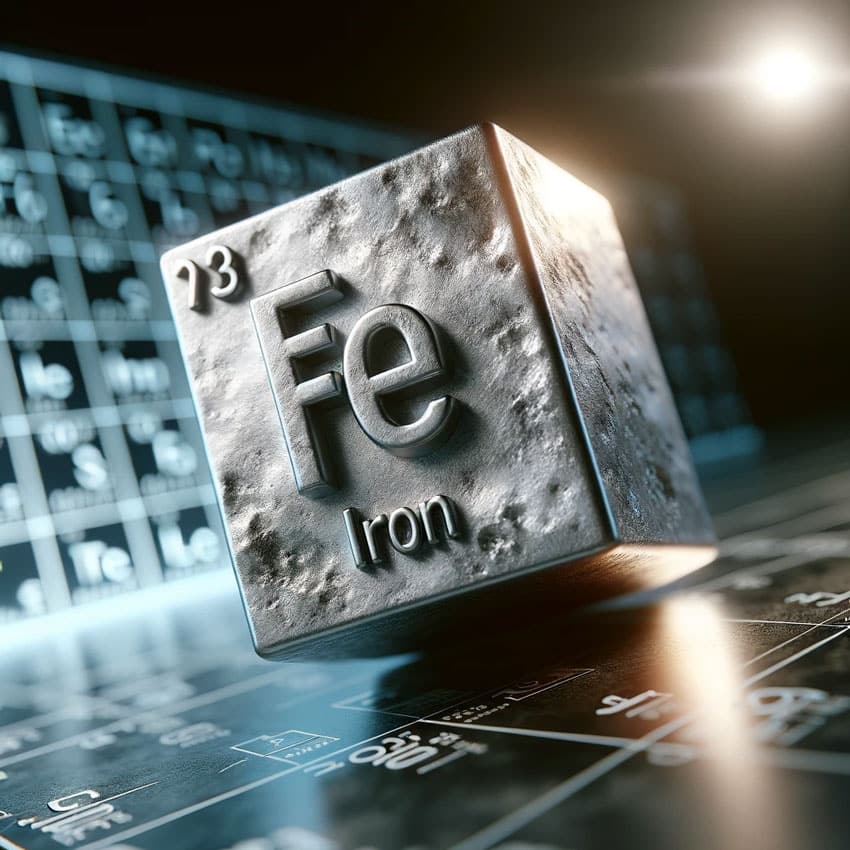This article takes you on an intriguing journey through the latest scientific research and expert analyses, uncovering how this vital mineral can impact both the onset and severity of acne.
It’s more than just a look at skin deep; it’s an exploration of the subtle yet significant ways our nutritional habits shape our skin’s health.
Whether you are grappling with acne or striving for optimal skin wellness, this article serves as an essential guide, offering insights and advice on how to harness the power of diet to influence your skin’s condition positively.
Iron’s Role in Skin Health and Acne Development
Iron is an essential nutrient impacting skin health and potentially influencing acne development. This section delves into how iron levels correlate with acne, the nuances of iron supplementation, nutritional strategies, and the broader implications of iron on skin health.
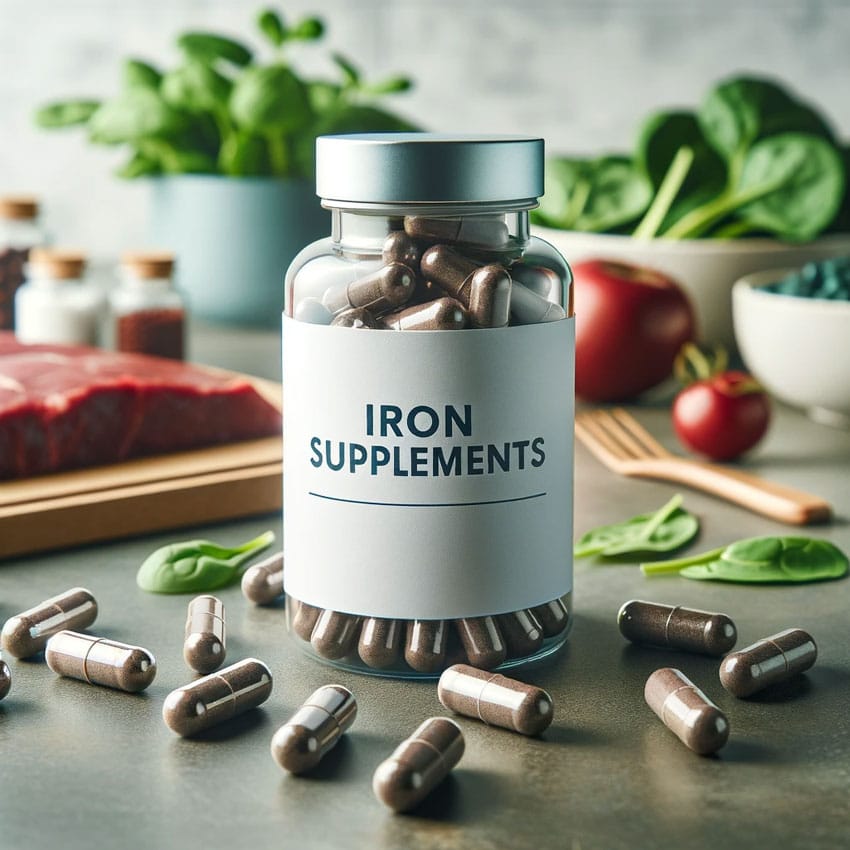
Understanding Iron Levels and Acne Correlation
Iron deficiency often manifests with symptoms like fatigue and weakness, but its effects may extend to the skin.
Research suggests there may be a link between iron deficiency and acne, potentially due to iron’s role in immune function and cell growth which can influence the skin’s susceptibility to acne-causing bacteria.
Iron Supplements and Acne Connection
While iron supplements are a common treatment for anemia, their effect on acne is complex.
For some, supplementation may help improve skin condition if acne is linked to iron deficiency, while others might experience no change. Excessive iron, however, can contribute to oxidative stress and inflammation.
Nutritional Considerations for Acne Management
Balanced nutrition is crucial for skin health. Diets should include leafy greens, zinc, and vitamin A to support skin growth and repair.
While iron-rich foods are important, maintaining a holistic diet approach is key for managing acne.
Impact of Iron on Hormones and Sebum Production
Iron plays a role in hormone synthesis and regulation. Increased hormonal changes, particularly in adult acne, can lead to elevated sebum production.
While direct causality is unclear, the alignment of proper iron levels may assist in balancing hormones and oil production in the skin.
Iron-Related Skin Symptoms Beyond Acne
An insufficient amount of iron in the body can lead to dry skin and itching—symptoms associated with iron deficiency.
Maintaining adequate iron levels can ensure normal skin function and possibly help in reducing these skin symptoms.
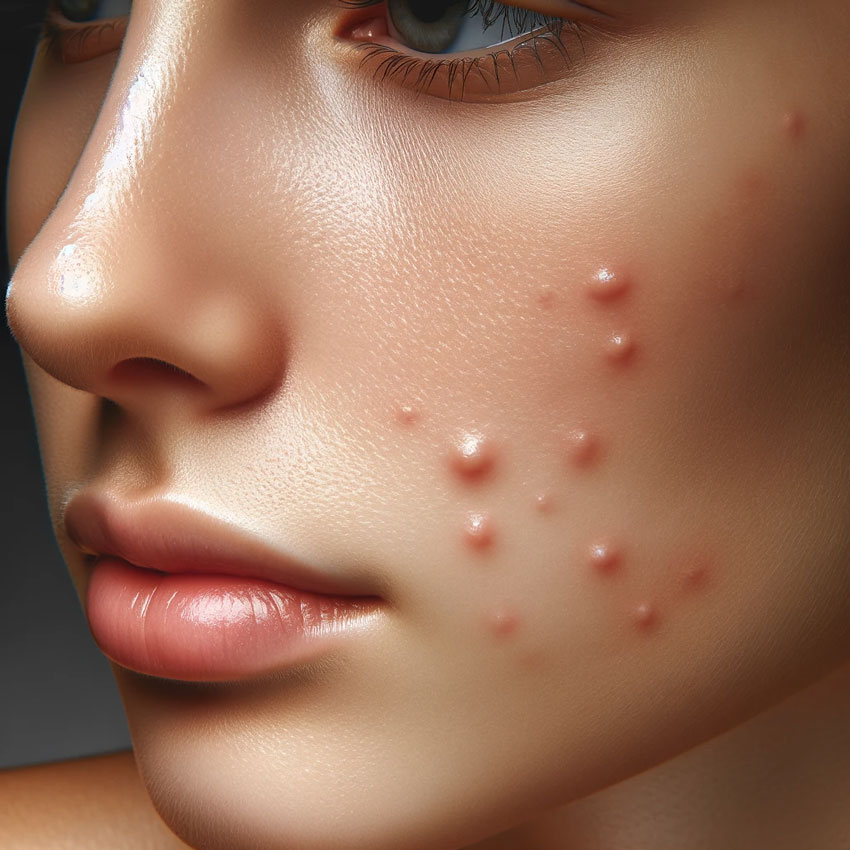
Expert Insights from Dermatologists
Dermatologists, including those from the Mayo Clinic and American Academy of Dermatology, recognize the multifaceted relationship between nutrients like iron and skin health. They advise that supplements and dietary changes should be considered alongside other acne treatments.
Skin Care Treatments for Iron-related Acne
For those with iron-related acne, dermatologists might suggest a combination of skin care products, including retinoids and benzoyl peroxide. These are used to reduce inflammation and combat acne, with the understanding that iron levels may alter skin responses to such medications.
Lifestyle Adjustments to Consider
Lifestyle factors such as stress, exercise, sleep, and diet also have the potential to affect iron levels and, by extension, skin health.
A balanced lifestyle, including stress reduction and sufficient sleep, can support overall health and potentially mitigate acne severity.
Acne Types and the Role of Iron
Acne, a prevalent skin condition, manifests in various forms, from blackheads to severe nodules, with potential implications related to iron levels in the body. Understanding the distinct types of acne and the role iron may play is crucial for targeted treatment and skin health management.
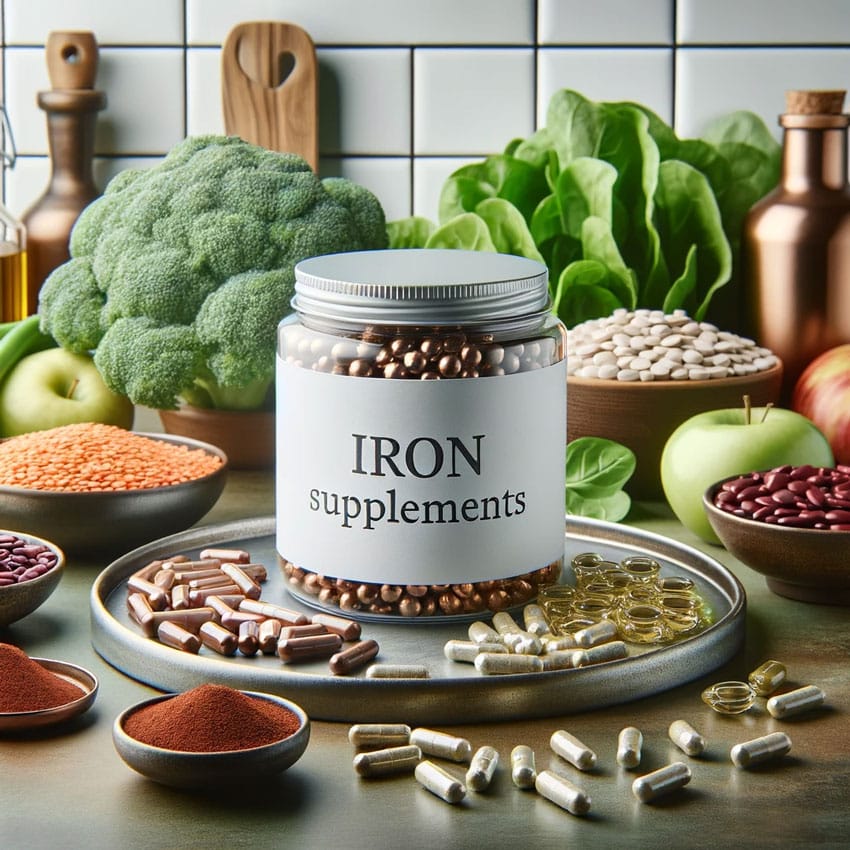
Distinct Acne Profiles and Potential Iron Influence
Different forms of acne arise when sebum and dead skin cells clog pores leading to an array of blemishes like blackheads and whiteheads. Iron plays a pivotal role in the body, including skin health, as it is crucial for the production of red blood cells.
While iron doesn’t directly cause acne, an iron deficiency can exacerbate the condition in some individuals by impairing oxygen transport and possibly affecting the immune response to acne-causing bacteria.
From Blackheads to Nodules: Iron and Severe Acne Forms
The severity of acne can range from mild blackheads and whiteheads to more severe forms like nodules. In these severe forms, the involvement of bacteria, inflammation, and excess oil production can create larger, more painful lesions.
Although the direct link between iron and acne severity is not fully established, proper iron levels ensure optimal oxygenation and may indirectly influence inflammation and healing processes in the skin.
Treatment Approaches for Different Acne Types
When addressing acne, dermatologists may recommend treatments like antibiotics, isotretinoin, or tretinoin, and they often emphasize skincare regimes to control oil and manage bacteria.
Iron levels are typically not the main focus in acne treatment; however, those with an iron deficiency might experience improvements in their skin health once their iron levels are corrected, highlighting the importance of a well-rounded approach to therapy.
Spotlight on Post-Acne Scarring and Iron
Post-acne scarring can occur, leaving individuals with lingering reminders of their condition. Iron is essential for collagen production, a key component in scar healing and skin remodeling.
Therefore, maintaining adequate iron levels can be instrumental in ensuring the skin’s ability to repair and reduce the appearance of scars, an important aspect of long-term skin health.
Scientific Perspectives on Iron Supplementation and Acne
Exploring the relationship between iron supplementation and acne involves a multi-faceted approach, examining clinical evidence, debunking misconceptions, and considering the impact of iron on the skin’s overall health. This section delves into how iron plays a role in skin condition management, including the potential benefits and risks associated with iron supplementation.
Analyzing Clinical Research and Acne Treatments
Clinical research on the effects of iron on acne is not as extensive as studies concerning other nutrients. Some investigations suggest a complex relationship between iron levels and skin health, where increased iron might exacerbate certain inflammatory conditions.
Professionals assessing acne treatment outcomes consider iron levels as one component of a larger picture which includes factors like oil production and immune response.
Myths vs. Facts: Iron and Its Effect on Skin
Several myths surround the impact of iron on the skin. Contrary to popular beliefs, there’s no direct evidence that iron supplements cause acne; however, excessive iron can lead to oxidative stress which may aggravate skin conditions.
Evidence points to a balance of iron being necessary for optimal skin health by supporting vital functions such as oxygen transportation by hemoglobin.
Reviews of Iron Supplements for Acne-prone Skin
Analysis of iron supplements for those with acne-prone skin requires careful consideration of individual cases. Reviews suggest that patients should not independently initiate iron supplementation without consulting healthcare providers, as iron interacts with key nutrients like zinc and can impact the efficacy of other acne treatments, including creams and cosmetics.
Case Studies: Patients’ Iron Levels and Treatment Outcomes
Case studies show varied treatment outcomes based on patients’ iron levels. Optimal iron levels support growth and the immune system, potentially reducing outbreaks.
Conversely, high iron stores, measured by ferritin levels, may contribute to inflammation, potentially aggravating acne in certain individuals.
Preventative Strategies and Iron Management
Adopting preventative measures and proper iron management plays a crucial role in maintaining skin health. Strategies often include stress management, a balanced diet rich in nutrients, and regular exercise.
These measures, rather than direct supplementation, may provide a more holistic approach to managing skin conditions.
Consulting a Dermatologist: When to Seek Professional Help
Individuals experiencing persistent acne should consult a dermatologist for professional help. Dermatologists can offer a diagnosis and devise a therapy plan, which may involve prescription iron supplements if anemia is present.

Guidance from a healthcare provider ensures that any supplementation is both safe and effective.
Evaluating the Risks of Self-medicating with Iron Supplements
Self-medicating with iron supplements can carry significant risks, including the accumulation of excess iron, which can act as a toxin in the body.
Correct supplementation should always be based on blood tests, never on assumptions regarding iron’s role in acne or overall skin condition.
Integrating Iron-Rich Foods and Their Skin Benefits
Instead of relying on supplements, integrating iron-rich foods into one’s diet offers skin benefits, as these foods contain a broader range of nutrients that support skin health.
Sources of iron include vegetables like spinach, as well as red meat and liver, though it’s important to consider the risk of heart disease associated with high red meat consumption.
Societal and Psychological Impacts of Acne and Iron Deficiency
Acne is a widespread skin condition that can significantly alter an individual’s quality of life, particularly during pivotal developmental periods, like adolescence. Iron deficiency may exacerbate acne symptoms by impairing the immune system and skin health.
Understanding the Social Stigma Associated with Acne and Skin Health
Acne often carries a social stigma, contributing to stereotypes and judgment. As dermatologists note, the presence of acne can impact societal interactions and relationships, leading to heightened self-consciousness and, in severe cases, social withdrawal.
Skin health is not only a physical condition but also a social signal, where blemishes may lead to assumptions about hygiene or lifestyle choices.
Psychological Effects of Acne and the Importance of Skin Care
The psychological effects of acne extend beyond surface-level concerns, often leading to reduced self-esteem and stress, which can further exacerbate the condition.
Effective skincare routines, sometimes including the use of specific gels and lotions, are vital for managing acne and, by extension, its psychological impact.
For individuals with acne, the consistent practice of self-care is a crucial component of mental well-being.
The Interplay between Mental Health, Stress, and Acne Severity
There is a complex relationship between mental health, stress, and the severity of acne. Chronic stress can disrupt hormonal balance, potentially increasing oil production and inflammation which are aggravated by bacteria on the skin.
This can lead to more severe outbreaks, creating a self-perpetuating cycle of stress and acne exacerbation. Therapeutic strategies aimed at stress management may reduce the severity of acne.

Overcoming Challenges of Acne and Iron Deficiency in Adolescence
During adolescence, the challenges of acne and iron deficiency can be amplified due to rapid growth, hormonal changes, and social pressures. For many teenagers, acne is not just an occasional pimple but a significant source of anxiety.
Compounded by iron deficiency, which can affect immunity and skin repair, the pressures can be daunting. A balanced diet rich in vegetables and adequate in essential nutrients like iron is important for managing both acne and iron levels.
Promoting Positive Lifestyle Changes for Acne and Overall Health
Lifestyle changes, including diet modifications, regular exercise, and sufficient sleep, contribute to better overall health and can ease the symptoms of acne.
Avoiding certain cosmetics and makeup that may block pores or introduce more oil and bacteria to the skin can prevent flare-ups.
Encouraging a lifestyle that minimizes stress and promotes healthy habits can lead to improvements in both skin condition and iron levels, particularly in women who may experience fluctuating iron due to menstruation or pregnancy.
